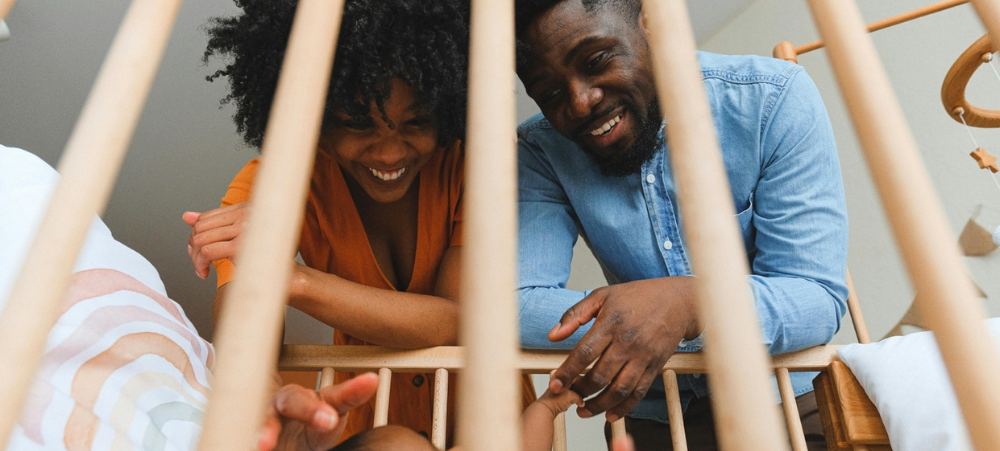Spoiler alert….A lifetime of being obsessed with sleep starts now!Whatever your stage of pregnancy, chances are your sleep has been somewhat interrupted. Be it nausea, restless legs, inexplicable temperature fluctuations, or night time baby disco, the obstacles to a good nights shut-eye can seem endless.
To learn about how to put baby your baby safely to bed, you can sign up for our Free Baby Care Workshop, where our expert Midwife will give you all the information you need. You can book your place here.
Here I’ll share my top tips, as a Midwife and mum, to getting the best night’s sleep possible.
- Smart hydration. Getting 2 litres of water every day is extra essential in pregnancy. Being well hydrated fends off dizziness and keeps the bowel happy, but night time wee trips are bound to disturb your sleep. The effects of hormones on the bladder in early pregnancy and the increased blood flow in later pregnancy mean the urinary system is in overdrive. Try to get your intake in earlier in the day, keeping fluids to a minimum from 2 hours before bed to reduce nocturnal loo trips.
- Whatever the time of year, pregnant women usually feel warmer than usual at night. This can cause night time disagreements with partners as the duvet is discarded and windows flung open. Try sleeping on top of your normal duvet with a light tog single duvet or sheet just for you, while your other half stays cosy. Lone sleepers have the luxury of kitting the bed out to suit them; try light layers that can be peeled off as required.
- Restless legs and cramps are common in pregnancy. Again, hydration in the day is crucial, and there is significant research to show that magnesium supplementation will aid in leg cramps and is safe in pregnancy. Most pregnancy multivitamins contain 40-50% of the recommended daily intake of magnesium, and additional dietary intake should also help in the form of foods like green leafy vegetables such as spinach, nuts and seeds and dark chocolate (yay)
- Invest in a maternity pillow. These need little explanation; just treat yourself! Supporting your bump, helping you get comfortable on your side (blood flow to baby is best on your left side due to the anatomy of your vascular system), which will double up as a breastfeeding pillow, even a baby nest when little one is just learning to sit up and needs some crash mats!
- If nausea is an issue for you, keeping a small snack by the bed will usually help. If you feel sick at night, an empty tummy makes matters worse. A plain biscuit or salty cracker to nibble on should settle the ill feeling. If nausea is new or is accompanied by pain or a temperature, get to your GP without delay. You could have a kidney infection—the joy.
- Insomnia in later pregnancy is very common, even when no obvious cause can be identified. You’ve done all your troubleshooting, and you’re still lying awake! Some say it’s mother nature preparing new Mums for night feeds. Whatever the cause, it’s exhausting. When many Mums are working until 38 weeks, switching to herbal tea like camomile is a good idea and has some relaxation tracks ready. Try not to get too stressed about not sleeping, and remember to talk to your Midwife or GP at your next antenatal visit if you feel you are sleep deprived; you may need some time off work.
To learn more about sleep and a whole host of other topics, please join us at our Free Baby Care Workshop, where our Expert Midwife will talk through topics such as how to care for your baby’s cord, nails and how to put baby to sleep safely. You can book your free place here.
We are on a mission to build a team with an obsession and understanding of the delivery of outstanding education and outstanding support services. All online classes at The Baby Academy are delivered live and in real-time, by the most-trusted and passionate medical professionals in the country.
- Antenatal Advice: The secrets of sleep in pregnancy - April 28, 2021
- Caring for your baby: A baby bath - April 21, 2021
- What are the benefits of attending an Online Antenatal Class? - April 13, 2021





